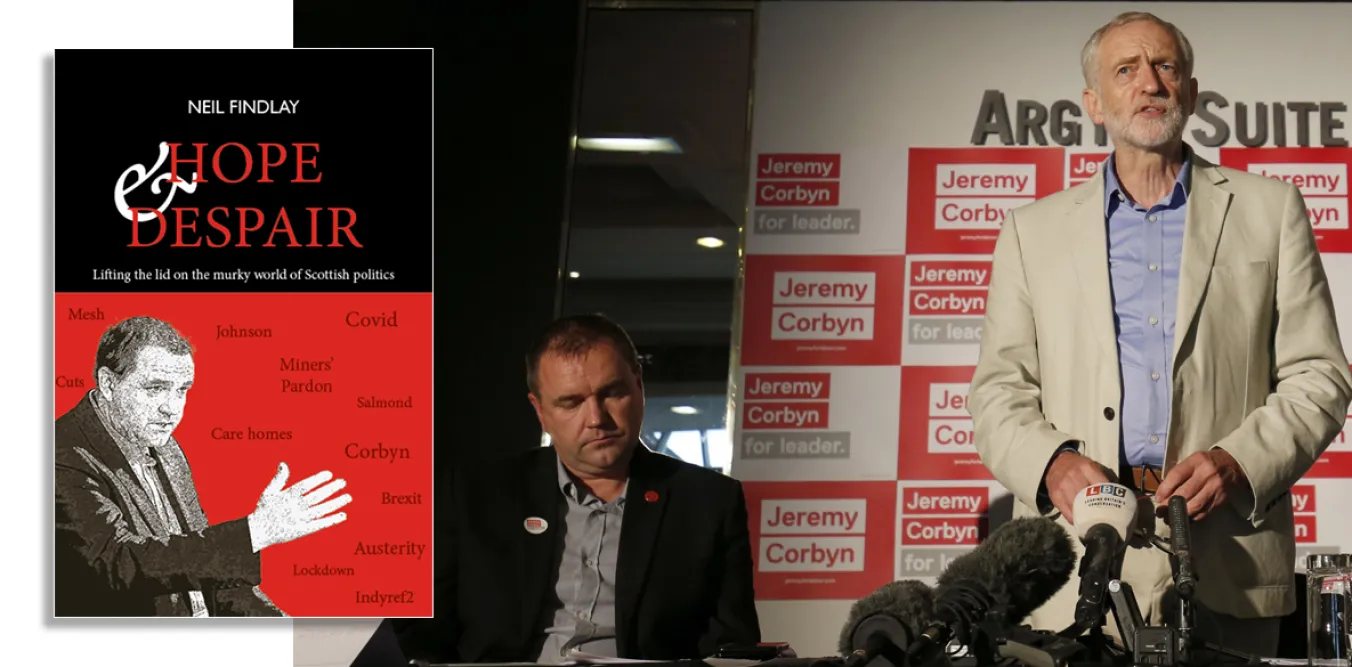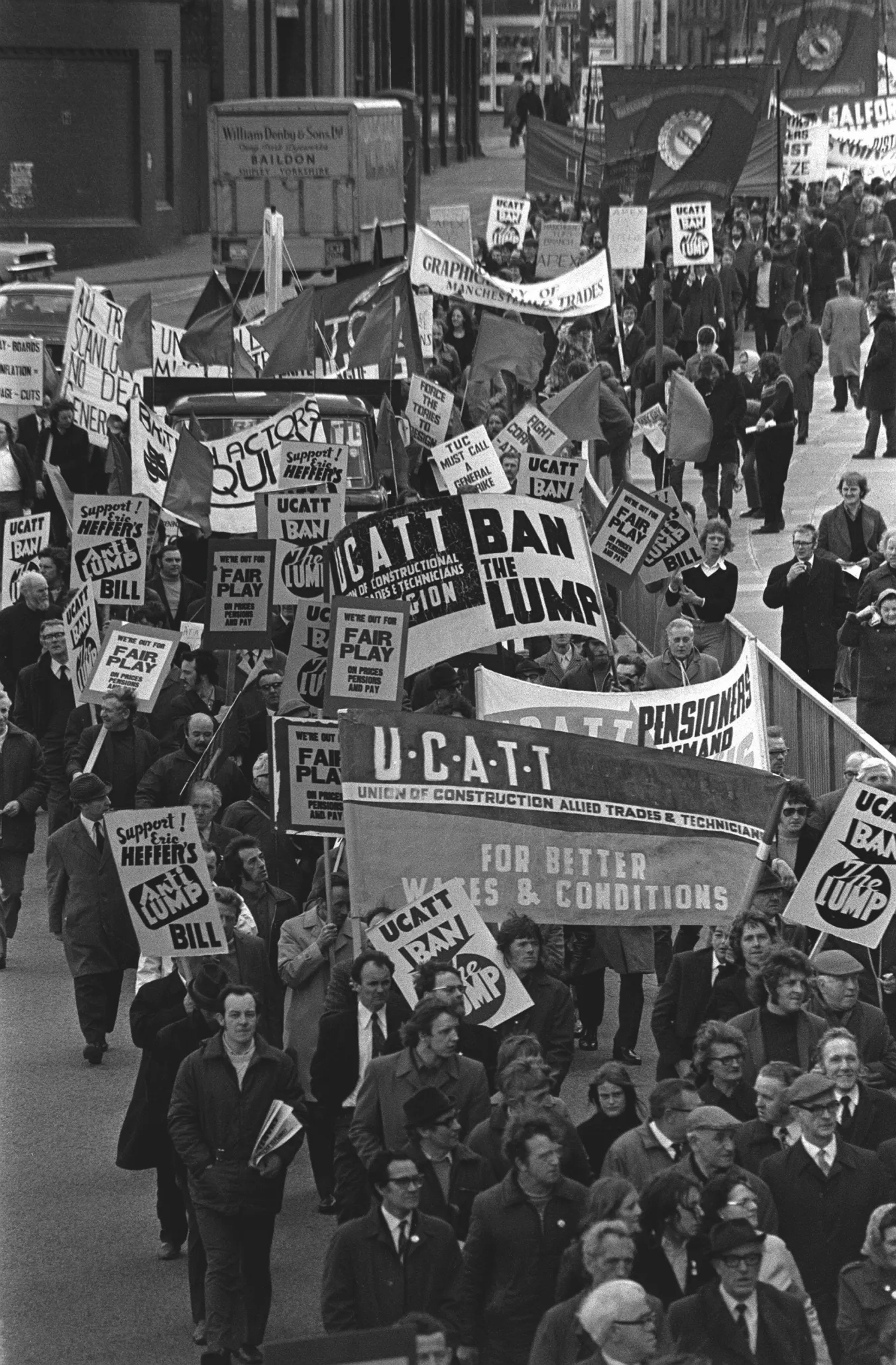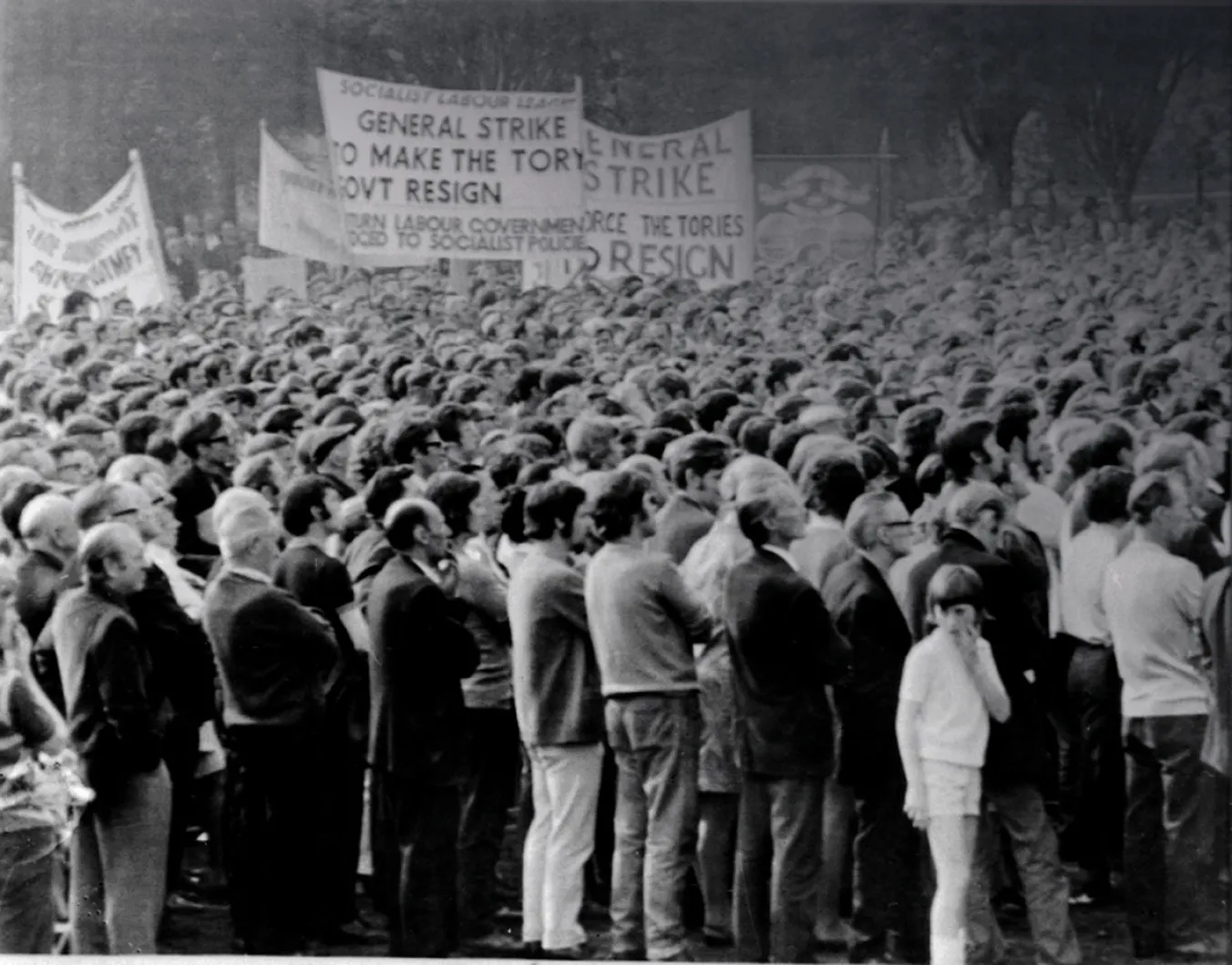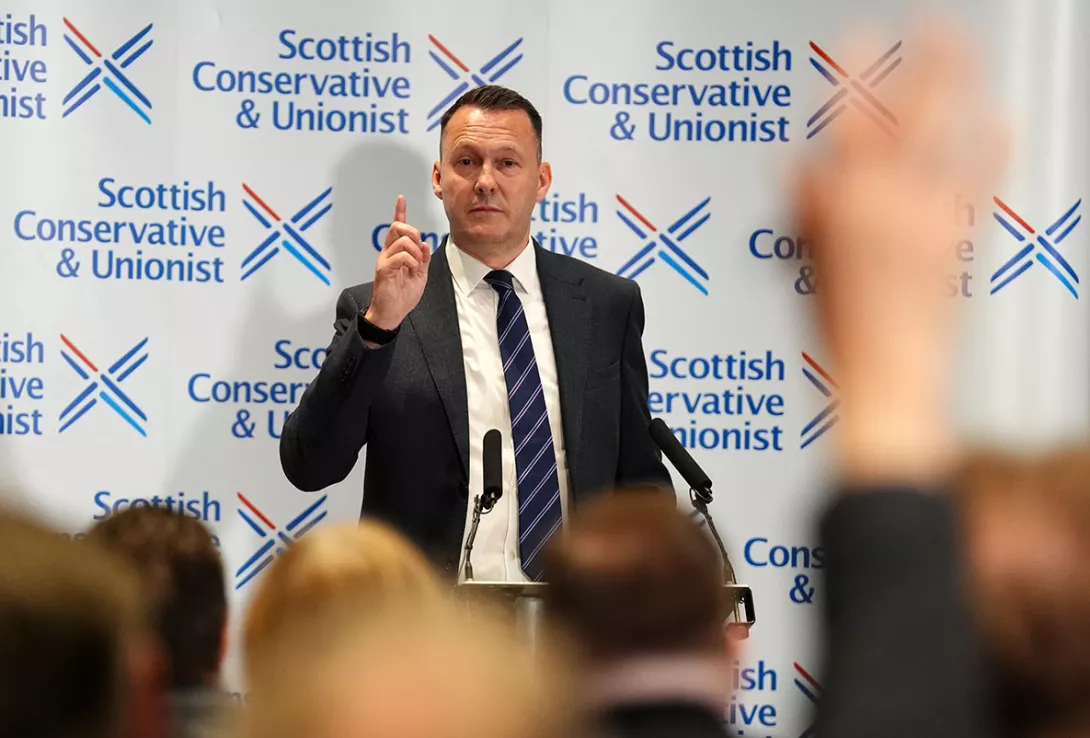GORDON PARSONS is bowled over by a skilfully stripped down and powerfully relevant production of Hamlet
Home truths
JOHN FOSTER recommends the down-to-earth realism of a political memoir that navigates the surreality of Scottish politics

Hope and Despair: Lifting the Lid on the Murky World of Scottish Politics
Neil Findlay, Luath Press £14.99
THIS is the second volume of Neil Findlay’s account of his 10 years in the Scottish Parliament. It provides a brutal exposure of Scottish politics from 2017 to the present.
The years of hope were those between 2017 and 2020. Jeremy Corbyn’s manifesto provided a programme for working class empowerment which transformed the perspectives of the Labour movement in Scotland.
The last two years, 2020-21, were those of despair. Corbyn and, in Scotland, Richard Leonard were despatched — and Labour’s new leaders made it clear they would move back towards the politics of New Labour. Then, at the same time as Covid exposed the fatal flaws in both Scotland’s social fabric and its current political institutions, the SNP imploded.
More from this author

JOHN FOSTER examines how the late SNP leader shifted the party leftwards and upwards, bringing Scottish independence to the forefront while fundamentally failing to address deeper issues of class and corporate capture

Ahead of a TUC special Congress next weekend to fight Conservative anti-strike laws, JOHN FOSTER looks back to 1969 and 1972 when similar proposals were defeated through class solidarity and painstaking organising work

JOHN FOSTER discusses the role of communists in responding to the aggressive militarisation initiated by the US in a world that faces an unprecedented period of acute crisis, as he introduces the international resolution for this autumn's Communist Party Congress

Half a century ago, 8,000 workers took over four shipyards in Scotland and instead of striking, kept working. JOHN FOSTER previews an event to mark this brave action, which not only saved every job, it turned a period of retreat into a working-class offensive
Similar stories

JOHN FOSTER examines how the late SNP leader shifted the party leftwards and upwards, bringing Scottish independence to the forefront while fundamentally failing to address deeper issues of class and corporate capture

Under Starmer and Sarwar, both the UK and Scottish Labour Parties are committed to the dogmas of neoliberalism – although signs are that resistance is growing, argues VINCE MILLS











